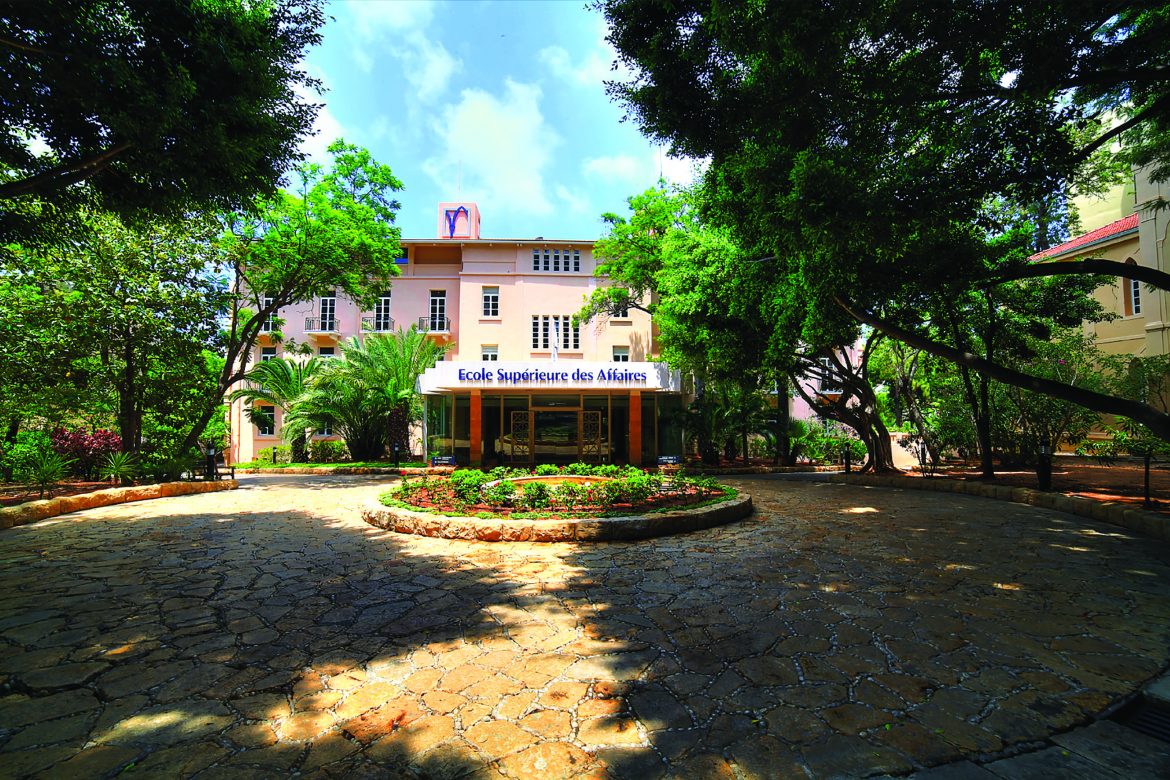Deep reforms to ensure the future of Lebanon’s education sector
written by Maxence Duault
Maxence Duault
Maxence Duault, born in Rennes and holding Master’s degrees in International Business Law and History, began his career as a lecturer at the Institut Européen d’Etudes Supérieures in Rennes. He joined the French Embassy in the Czech Republic in 2008, coordinating Franco-Czech academic programs, and later became Deputy Director at ESA Business School in 2011, where he achieved AMBA accreditation. Appointed Director General and Dean of ESA in 2019, he is also the President of the French Chamber of Commerce and Industry in Lebanon and a member of the French Foreign Trade Advisors.

